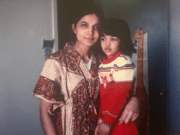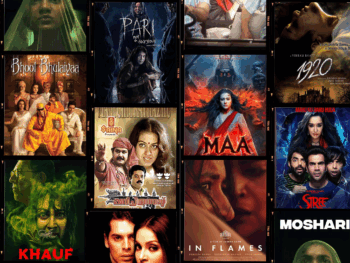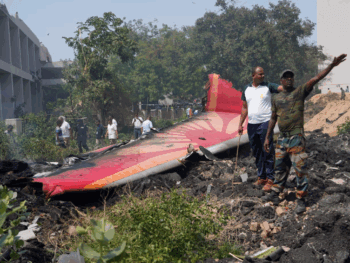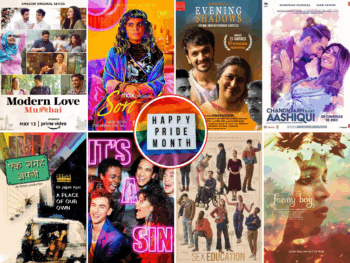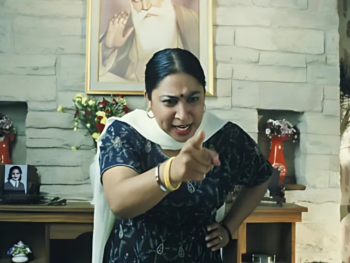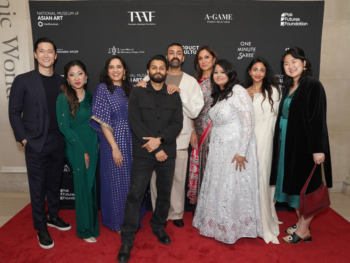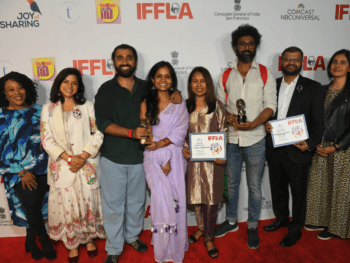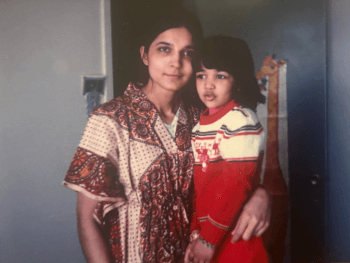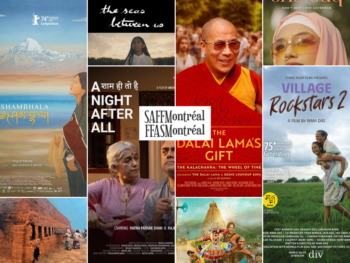
The Elite Football League of India brings a quintessentially North American pastime to South Asia.
At the end of the Elite Football League of India 2012 season, Roshan Lobo of the Bangalore Warhawks was voted the league’s most valuable player — just two years after he took up the sport. This seems like a mind-boggling accomplishment, until you realize that those two years make him a seasoned veteran by his country’s standards. As you may have guessed, Lobo’s game isn’t cricket. It’s football — American football, to be precise.
Lobo is the first true superstar in the EFLI, a start-up that kicked off in 2011 with eight teams across India, Pakistan and Sri Lanka. It’s the brainchild of an international group of business and entertainment executives — including several formerly employed by the National Football League and Fox Sports. Their goal: to put an American game on the map in South Asia. Ambitious, considering that for most people in this part of the world, the sport itself is an utter mystery.
“When you talk to people,” Lobo says, “a common thing you hear is, ‘Aren’t American football and rugby the same?’” The young running back thought the same thing not long ago. Like many players on the Mumbai Gladiators, Delhi Defenders and other EFLI teams, Lobo was playing rugby three years ago. His only exposure to football was a couple of YouTube clips and Hollywood movies like The Waterboy. The first time he even touched a football was in 2011, when his old rugby coach (now in charge of the Warhawks) convinced him to take on a new challenge.
“The first season was pretty good; better than we expected it to be,” Lobo recalls. “Most of the players learned the game in only two years; in 2011 we started [training] and 2012 we had the season. It wasn’t up to the level of a United States college team, but for a new sport, I think it went really well.”
The inaugural season went well enough, in fact, that EFLI brass negotiated a five-year landmark TV contract with South Asian channel Ten Sports to broadcast the league’s second season across 17 countries to an estimated 170 million households. Not bad for a fledgling enterprise that still has to tell people it’s not rugby. The league’s rapid growth has attracted interest — financial and otherwise — from an array of North American stars, like legendary NFL coach Mike Ditka, quarterback Kurt Warner and Hollywood A-lister Mark Wahlberg, who recently committed to attend the 2013 season opener on New Year’s Eve at Eden Gardens in Kolkata, the second largest stadium in the world.

“Someone like Mark Wahlberg . . . will make a difference because most of the younger generation [in India] nowadays watch only English channels and U.S. films,” Lobo says. “And now we’re getting a few of the Bollywood stars, too.”
Timing is a major factor in the EFLI’s impressive push into the South Asian market. A recent report by global consulting firm McKinsey & Company indicates that as a result of the country’s quickly expanding population and economic reforms, India’s spending and disposable income will rise immensely in the years to come. But more than just capitalizing on a burgeoning middle class, the EFLI has stated its purpose to help lift the poor.
“What they’re doing is creating jobs,” Lobo says. “We’re going to go to areas where people are suffering and choose players from there. I think that’s what the league is aiming for — to give the underprivileged something to look forward for . . . They’re going to give a certain percentage of revenue to one of the [charities] in India.”
Moving forward, the league will seek to set up high school, college and grassroots football programs across its member countries — an essential step in promoting the game. For now, in the lead-up to its sophomore season, the EFLI plans to raise awareness by holding exhibition games and promotional events at their stadiums. The campaigning isn’t limited to South Asia. Lobo spent this past April hopping back and forth between Los Angeles and Chicago, doing interviews with TV stations and reaching out to South Asians living in North America.
“In India, not a lot of people know exactly about American football, but Indians born in the U.S. know about football and I know most of them love it,” he says. “I’ve had youngsters who contact me asking about the league and they want to come and play in India. I’ve had some press interviews and people are reading about football and they’re shocked. If you tell any of the Indians or Pakistanis [in North America] that football is in India or Pakistan, they’ll be like ‘What? It’ll never happen.’ And you have to tell them to go check the [website] out.”
Lobo’s initial reason for going abroad was to play in an international all-star game in Alabama. EFLI leaders asked him to stick around for a media tour he got the opportunity to train with former Atlanta Falcon Bob Christian for two weeks. He’s keen to take his lessons squaring off with bigger, faster, more experienced competition back with him to India and “raise the level of play.”
But Lobo will bring more than training back to the EFLI. “In Alabama, when I was with the players in the changing room, the way they pump up themselves before the game — the way people start talking and the fun they are having, that’s the first time I heard something like that. It was nice . . . I’m gonna do that.”
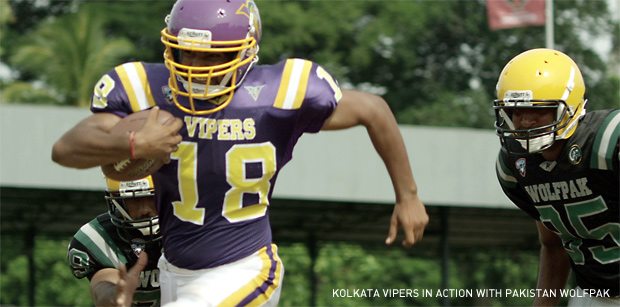
Ultimately, as well-financed, televised and coached as the league may be, the EFLI isn’t guaranteed a foothold in the South Asian market. As we’ve seen in North America with the other kind of football (called soccer), it’s not easy to compete with already- established sports. But the EFLI’s resident superstar is undaunted.
“I think it’s gonna be one of the best sports in India. The way the EFLI is getting football in India is very different than any other sport they’ve got there,” Lobo says. “They’ve got teams in each major city; they pay the players; they’re taking it abroad; they’re telecasting their matches. I think people will love it. I think it’s more entertaining than cricket. Nowadays there’s cricket every day in India and people are getting bored of it. So I think it’s going to change and football’s gonna take over soon.”
BY MATTHEW CURRIE
PUBLISHED IN THE HEALTH & WELLNESS ISSUE, SUMMER 2013



















